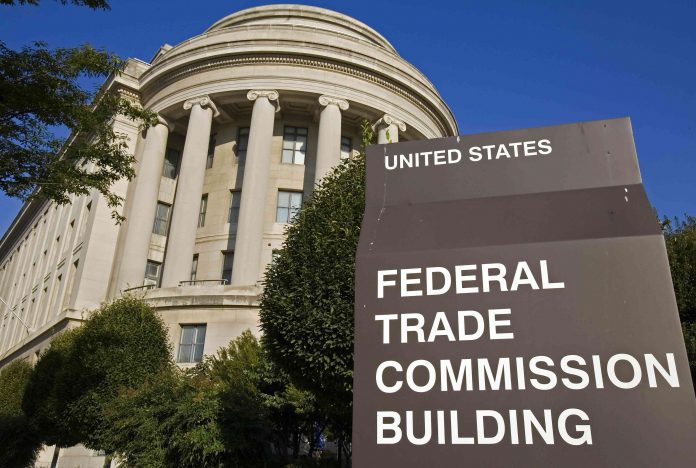The Federal Trade Commission (FTC) has voted to implement a new rule banning anti-consumer tactics and unwarranted fees in car sales, prompting a swift and critical response from the National Automobile Dealers Association (NADA).
First revealed in mid-2022, the FTC’s Combating Auto Retail Scams (CARS) rule places additional restrictions on dealers and their employees when communicating with their customers.
Starting on Jul. 30, 2024, auto retailers must avoid misrepresenting key information, which the FTC notes can include pricing details, repossession policies, and partnerships with federal entities such as the military, to prospective car buyers. Dealers will also be required to:
- obtain their customer’s consent before charging any fees during the purchase process,
- inform the consumer of their vehicle’s offering price,
- remind them that all add-ons are optional, and
- include the total payment amount when walking the buyer through financing.
One of the most significant changes introduced in the new CARS policy is the banning of “bogus add-ons,” fees that do not benefit the car buyer in some way. Next summer, the FTC will prohibit dealers from advertising a plethora of unwarranted “features,” such as warranties that duplicate the automaker’s warranty, oil service contracts for electric vehicles, subscription services for models incapable of providing the service, and so on.
On the same day the FTC announced its decision to implement the CARS rule, NADA President and CEO Mike Stanton published a short response on the organization’s website. The statement reads as follows:
“This regulation is heavy-handed bureaucratic overreach and redundancy at its worst, that will needlessly lengthen the car sales process by forcing new layers of disclosures and complexity into the transaction. The FTC made up data to support its claims, then rejected calls to slow down the process and test the effectiveness of its proposal with real consumers. We are exploring options on how to keep this ill-conceived rule from taking effect.”
Beneath the statement, the NADA attached a study it requested from the Center for Automotive Research earlier this year. This report claimed the CARS rule would cost consumers $38 billion over the next 10 years and increase time spent in the dealership by two hours, based in part on estimates provided by dealers.
Conversely, the FTC claims that the policy would save car buyers $3.4 billion annually and reduce the amount of time spent on car shopping per year by 72 million hours. In its final ruling, available here, the FTC provides comments, both critical and supportive, from stakeholders concerning the new guidelines, and provides its responses.
While the NADA and the FTC may be at odds, many of the guidelines included in the CARS rule are already standard procedures at dealerships where the consumer’s well-being is a high priority. That being said, it is no secret that the trust between customers and auto retailers has been eroding for some time, a trend exacerbated by the COVID pandemic.
In its 2023 Car Buying Outlook report, Capital One reported that while 68% of dealers feel the vehicle purchasing process was “very or completely transparent,” only 21% of buyers shared the same view. Some of the key areas where consumers felt more transparency was especially needed were sales prices, price negotiations, unlisted fees, and deal fairness. In contrast, 80% of dealers felt that all aspects of the car buying process were transparent.
Regardless of whether its members support more or less government regulation, the FTC’s decision to approve the CARS rule should be a wake-up call for the retail automotive community that change is needed to keep their businesses’ reputations and long-term success intact.
Implementing more accurate tools, educating buyers on both their new vehicle and the purchase process, and listening to criticism from consumers with an open mind will not only improve the relationship between dealers and their customers, it will also make federal intervention less likely.



